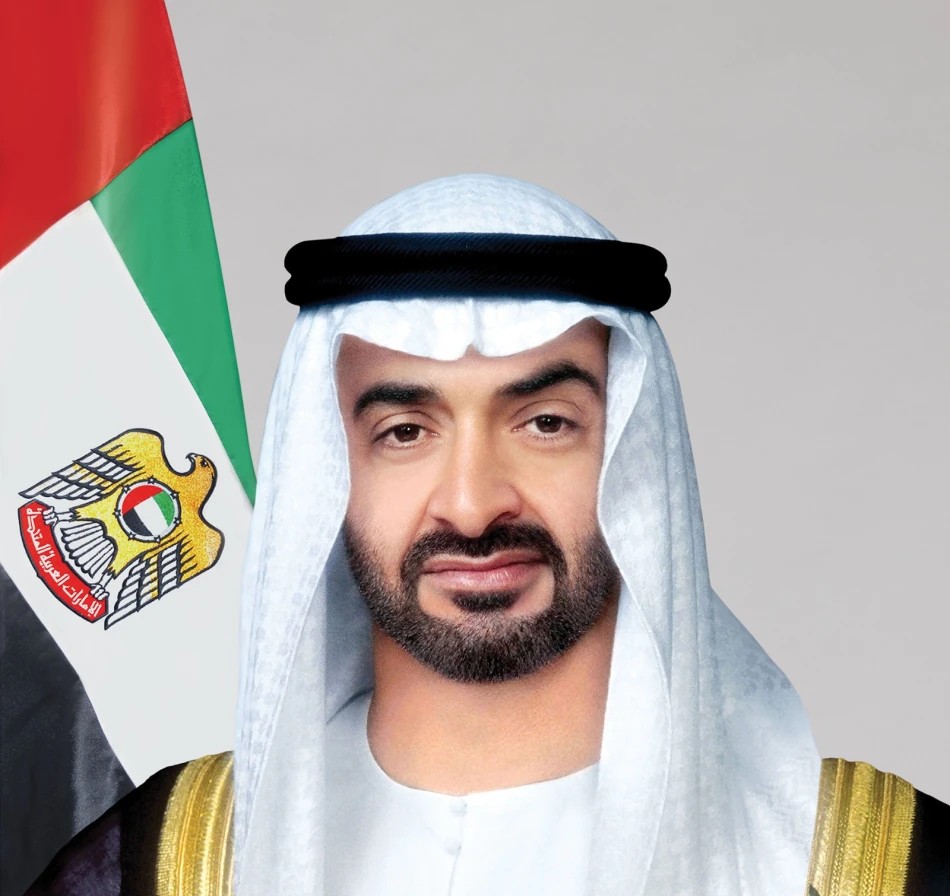
UAE President Establishes National Anti-Drugs Agency, Bolstering Nationwide Efforts Against Substance Abuse
UAE Establishes Dedicated National Anti-Drug Authority Under Royal Leadership
The United Arab Emirates has taken a decisive step in combating narcotics by creating a specialized National Anti-Drug Authority, reflecting the country's commitment to maintaining its position as a secure business hub while addressing growing regional drug trafficking challenges. The move signals a strategic shift toward centralized drug enforcement as the Gulf state continues to balance its role as a global trade gateway with stringent security measures.
Presidential Decree Creates New Enforcement Body
His Highness Sheikh Mohammed bin Zayed Al Nahyan, President of the UAE, issued a federal decree establishing the National Anti-Drug Authority, appointing Sheikh Zayed bin Hamad bin Hamdan Al Nahyan as its head. The creation of this dedicated agency represents a significant institutional development in the UAE's approach to narcotics control.
The timing of this announcement comes as Gulf states face increasing pressure from international drug trafficking routes, particularly as the region serves as a crucial transit point between production centers in Asia and consumer markets in Europe and North America.
Strategic Implications for Regional Security
Addressing Modern Trafficking Challenges
The establishment of a centralized anti-drug authority reflects the UAE's recognition that traditional law enforcement structures may be insufficient to tackle sophisticated international drug networks. This institutional approach mirrors similar developments in Singapore and Hong Kong, where specialized agencies have proven more effective than fragmented enforcement efforts.
The UAE's position as a major logistics and financial hub makes it particularly vulnerable to money laundering and drug trafficking operations. By creating a dedicated authority, the country aims to protect its reputation as a secure destination for international business and investment.
Economic and Business Considerations
For investors and multinational corporations operating in the UAE, this development reinforces the government's commitment to maintaining strict regulatory compliance standards. The enhanced anti-drug framework could strengthen the UAE's position in international banking and trade relationships, particularly with Western partners who prioritize anti-money laundering cooperation.
The move also supports the UAE's broader economic diversification strategy, as a robust security apparatus becomes increasingly important for sectors like tourism, finance, and technology that rely on international confidence and regulatory alignment.
Regional Context and Comparative Analysis
The UAE's approach contrasts with Saudi Arabia's integration of drug enforcement within existing security ministries, suggesting a more specialized strategy. This model aligns more closely with successful frameworks in countries like the Netherlands and Australia, where dedicated agencies coordinate between multiple enforcement bodies.
As regional powers compete to establish themselves as preferred business destinations, the UAE's proactive stance on drug enforcement could provide a competitive advantage over other Gulf states that rely on more traditional security structures.
Implementation and Future Outlook
The appointment of a member of the ruling family to lead the authority demonstrates the government's serious commitment to the initiative and ensures high-level coordination across different government agencies. This leadership structure typically facilitates faster decision-making and resource allocation in the UAE's governance system.
The success of this new authority will likely be measured not only by enforcement statistics but also by its ability to maintain the UAE's attractiveness to international business while strengthening security cooperation with global partners. The initiative positions the UAE to potentially become a regional model for integrated anti-drug enforcement in emerging market economies.
Most Viewed News

 Sara Khaled
Sara Khaled






